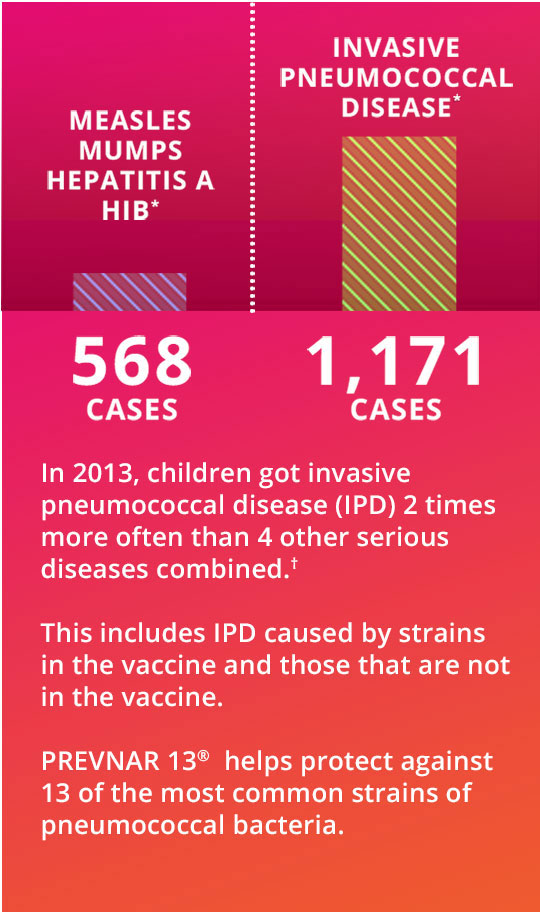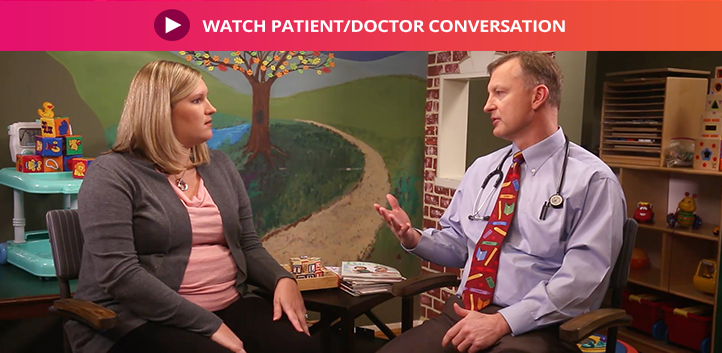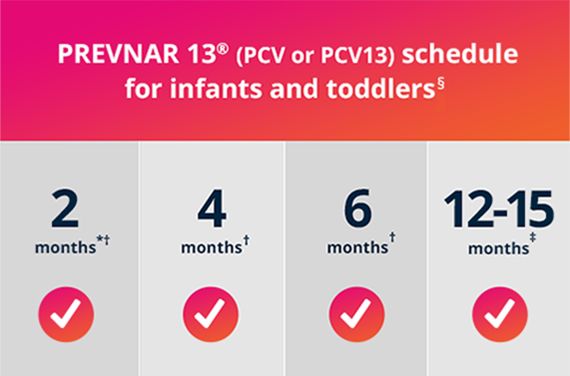Share your story
If you are the parent or guardian of a child who had pneumococcal disease before the age of 2 (such as pneumococcal meningitis or blood infection), or if you yourself had pneumococcal disease as a child before the age of 2, Pfizer would like to hear from you. Your story can help and encourage others.
To learn more, and find out if you are eligible to participate in promotional and educational activities, please call:
Any information you provide will be kept in strict confidence according to our privacy policy.





















